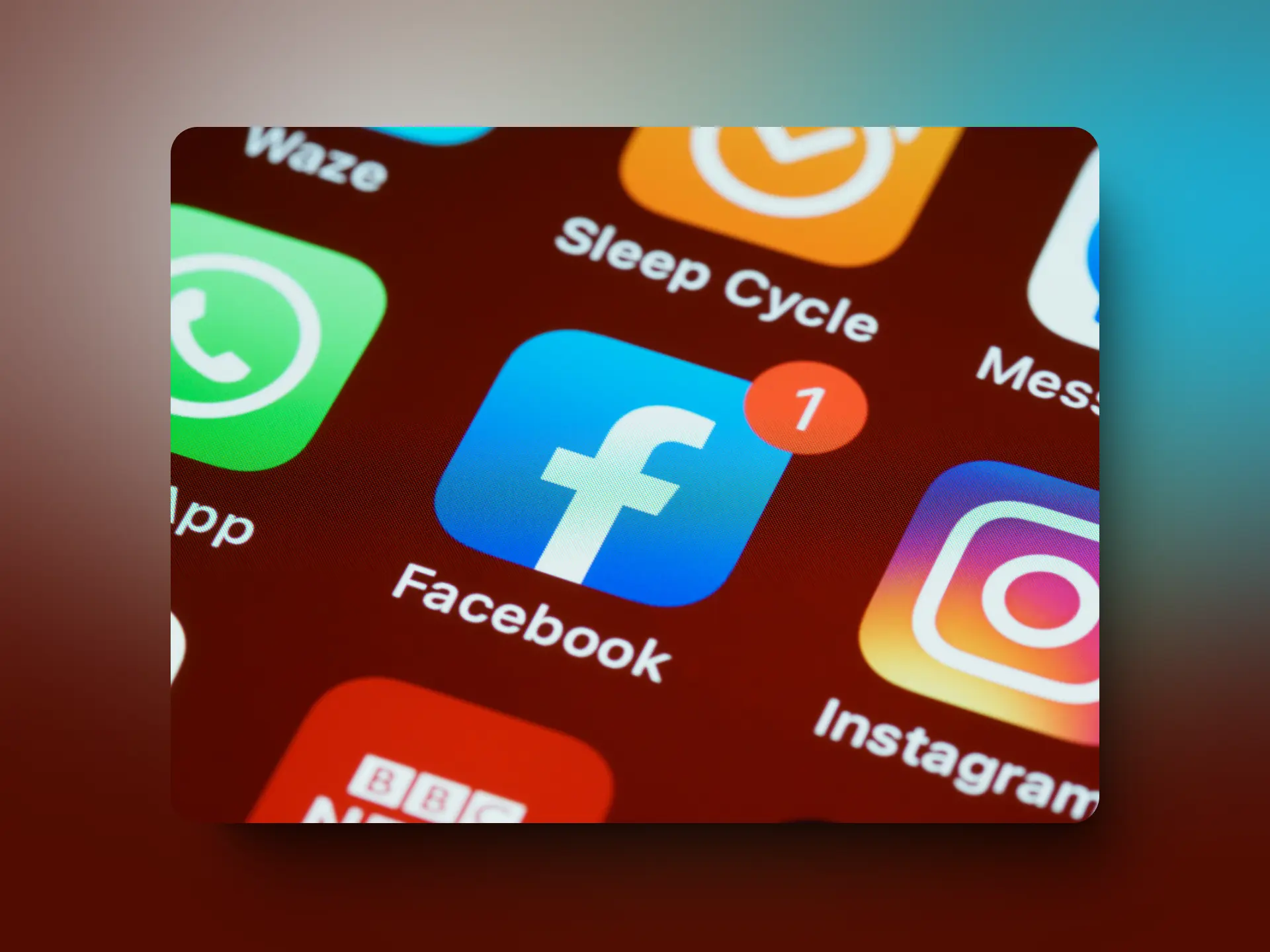
Why Every Business Still Needs a Website in the Age of Social Media
In today’s digital world, where social media reigns supreme, you might wonder: “Do I still need a website for my business?” It’s a fair question. After all, social media platforms like Facebook, Instagram, LinkedIn, and even X (formerly known as Twitter) have become the go-to spaces for connection, interaction, and brand exposure. But before you ditch the idea of a website, let’s dive deeper into the unique roles that social media and websites play in your business strategy.
The Shiny Appeal of Social Media
Social media is undeniably powerful. It’s where people spend a large chunk of their online time, scrolling through feeds, watching videos, and engaging with brands. The immediacy of social media allows businesses to reach their audience quickly, often in real-time. You can showcase your latest product, share a behind-the-scenes look at your company, or interact directly with customers—all with just a few clicks.
However, this shiny appeal can be deceiving. Social media is, by its very nature, a platform for quick consumption. Posts are designed to be skimmed, not studied. The content you share on social media is fleeting; today’s viral post is tomorrow’s forgotten memory. Moreover, social media often presents a skewed, surface-level view of your business. It’s easy to highlight the positives, but more challenging to provide a complete, honest portrayal of what your business truly stands for.
Social media excels at catching attention and creating engagement, but it’s not the best tool for deep storytelling. It’s like the cover of a book—it draws people in, but it doesn’t tell the whole story.
The Enduring Importance of a Website
Enter the humble website. Unlike social media, your website is a space you fully control. It’s the online hub for your brand, where you can provide a complete and nuanced picture of who you are, what you do, and why you do it. Your website is where your brand’s values, culture, and mission come to life in a way that’s difficult to achieve on social media alone.
Websites allow businesses to offer detailed, organized information that’s easy for visitors to find and digest. Whether it’s through a blog, an about page, or detailed product descriptions, your website is where you can truly educate your audience about your offerings. This is particularly important for businesses with complex products or services that require more explanation than a simple social media post can provide.
Moreover, your website is a permanent asset. Unlike social media platforms, which can change their algorithms, rules, or even disappear entirely (remember MySpace?), your website is yours to shape and control. You’re not at the mercy of a platform’s latest update or a sudden account suspension. Your website is your brand’s digital home, a stable foundation in the ever-shifting landscape of the internet.
Social Media vs. Websites: A Comparison
Advantages of Social Media:
• Instant Engagement: Social media allows for real-time interaction with your audience.
• Broad Reach: Platforms like Facebook and Instagram have billions of users, giving you access to a massive potential audience.
• Easy Content Sharing: It’s easy to share and spread content quickly, especially with the help of likes, shares, and retweets.
Disadvantages of Social Media:
• Surface-Level Interaction: Social media often fosters shallow engagements rather than deep connections.
• Platform Dependency: You’re at the mercy of social media algorithms and policies.
• Limited Control: Social media platforms control the presentation and distribution of your content.
Advantages of a Website:
• Full Control: You have complete control over your website’s content, design, and user experience.
• In-Depth Content: Websites allow for detailed information, storytelling, and content organization.
• Credibility: A professional website enhances your business’s credibility and legitimacy.
Disadvantages of a Website:
• Requires Maintenance: Websites require ongoing updates and maintenance to stay current and secure.
• Potentially Higher Costs: Building and maintaining a professional website can be more expensive than setting up social media profiles.
But even in a world where mobile traffic dominates, websites have adapted. The importance of responsive design (you can read more about that here) ensures that your website looks and functions beautifully on any device, whether it’s a desktop, tablet, or smartphone. This means that the mobile-first trend, often associated with social media, is just as relevant to your website. After all, today’s users expect seamless experiences no matter where they encounter your brand online.
The Best of Both Worlds
So, what’s the takeaway? Social media and websites aren’t mutually exclusive; in fact, they complement each other perfectly. Social media is great for engagement, immediate interaction, and brand exposure. Your website, on the other hand, is the place where you can provide a comprehensive, well-rounded view of your business. It’s where your brand’s story is told in full, where you can offer in-depth information, and where you control the narrative.
For any business—whether you’re a small entrepreneur, a freelancer, or a larger organization—having both a strong social media presence and a well-designed website is the key to a successful online strategy. Use social media to draw people in, to engage and interact. But make sure your website is there to welcome them when they want to learn more, when they need detailed information, or when they’re ready to take the next step in their customer journey.
At Wedigro, we understand the importance of both social media and websites. We’re here to help you create a comprehensive digital presence that works for your business. Whether you need a brand-new website, a redesign, or help with your social media strategy, we’ve got you covered. And while you’re here, don’t forget to follow us on Facebook, Instagram, LinkedIn, and X to stay updated with our latest tips, insights, and services.
In the end, it’s not about choosing between a website and social media. It’s about using both to their fullest potential, ensuring that your brand shines online, no matter where your audience finds you.
